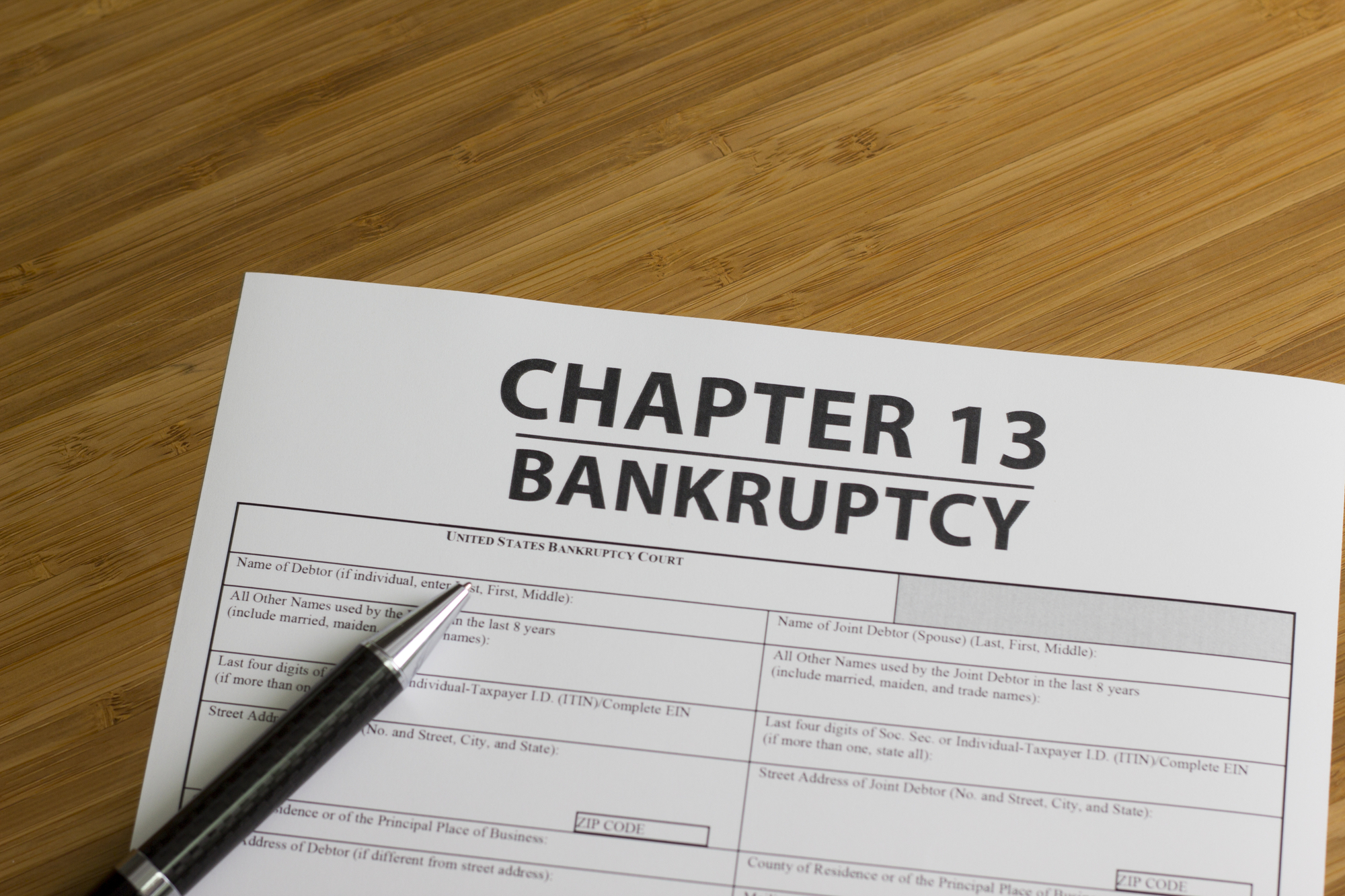Chapter 13 Bankruptcy Eligibility: Do You Qualify?

Chapter 13 bankruptcy is a beacon of hope in the labyrinthine landscape of financial turmoil. It serves as a well-structured, interest-free lifeline that empowers individuals to reclaim command over their financial destinies. In stark contrast to Chapter 7 bankruptcy, notorious for liquidating assets to appease creditors, Chapter 13 offers a distinctly advantageous path forward.
This form of bankruptcy, overseen by the watchful eye of the Bankruptcy Court, allows individuals to forge a manageable debt repayment plan spanning three to five years. It’s more than just a legal remedy; it’s a financial tool that helps safeguard your valuable assets. Come find out the Chapter 13 bankruptcy eligibility criteria.
Understanding Chapter 13 Bankruptcy
The essence of Chapter 13 lies in its capacity to simplify the debt repayment process, replacing the tumultuous task of managing multiple creditors with a single, predictable monthly payment to the Bankruptcy Trustee. Moreover, it affords you the opportunity to resuscitate your credit rating gradually.
At its core, Chapter 13 bankruptcy is a mechanism overseen by the Bankruptcy Court. Its primary purpose is to help individuals regain financial stability by facilitating a manageable debt repayment plan over a period of three to five years, all without the burden of interest.
Preserving Your Assets
One of the most significant advantages of Chapter 13 bankruptcy is asset preservation. In this process, you can keep your valuable possessions, such as your home or car, even if you’ve fallen behind on payments. This can be a crucial lifeline for those facing the threat of foreclosure or repossession.
Simplified Debt Repayment
Chapter 13 simplifies the debt repayment process. Instead of juggling multiple payments to various creditors at different times throughout the month, you make a single monthly payment to the Bankruptcy Trustee. This payment encompasses all your debt obligations, ensuring a streamlined and stress-free approach to tackling your financial challenges.
Preserving Your Credit
Worried about the impact on your credit? Unlike Chapter 7 bankruptcy, which can leave a lasting negative mark, Chapter 13 allows you to rebuild your credit gradually while adhering to the structured repayment plan.
Is Chapter 13 Right for You?
Now that you have a basic understanding of Chapter 13 bankruptcy, let’s delve into how you can determine if it’s the right option for your unique financial situation:
Foreclosure or Repossession: If you’re at risk of losing your home or vehicle, Chapter 13 can provide a lifeline to prevent foreclosure or repossession.
Dealing with Creditor Harassment: Wage garnishments and constant creditor harassment can be overwhelming. Chapter 13 provides relief from these stressful situations.
Multiple Mortgages: If you have a second or third mortgage, and your home’s value is below the first mortgage, Chapter 13 can help eliminate these additional debts over time.
Regular Income: Chapter 13 requires a steady source of income, making it suitable for those with consistent wages who may not qualify for Chapter 7.
Non-Dischargeable Debts: Certain debts, like unpaid income taxes, student loans, or child support, cannot be discharged in Chapter 7. Chapter 13 offers a structured, interest-free repayment plan for these obligations.
Co-Debtor Protection: If you have a co-debtor on a personal debt, filing for Chapter 13 can protect them from creditor actions as long as you maintain your bankruptcy plan payments.
The “Means Test” and Eligibility
In 2005, Congress introduced the “means test,” which assesses your monthly income in comparison to the average income in your area. If your income exceeds the local average, Chapter 13 becomes the viable option. During your initial consultation, professionals will help you determine the appropriate bankruptcy chapter for your circumstances.
The Path Forward
How long does a Chapter 13 bankruptcy case take, and what’s expected of you? Typically, these cases span 3 to 5 years, depending on your debt’s nature and amount. Your role involves making monthly payments and attending straightforward administrative hearings guided by experts who ensure a smooth journey toward financial recovery.
Understanding the Costs
The cost of filing for Chapter 13 bankruptcy includes a $313 filing fee to the Bankruptcy Court. Attorney fees vary based on case complexity, with most fees incorporated into your Chapter 13 payment plan, free from interest. In the grand scheme of debt relief, these fees represent only a fraction of the total amount of debt you can eliminate.
Chapter 13 bankruptcy represents a path to financial freedom, allowing you to regain control, protect your assets, simplify debt repayment, and rebuild your credit. Whether it’s preventing foreclosure, halting creditor harassment, or addressing non-dischargeable debts, Chapter 13 offers a structured, interest-free solution to your financial challenges. Embrace this opportunity, and let it be your gateway to a brighter financial future.
Freedom Law Firm is a trusted bankruptcy law firm in Las Vegas trusted by thousands of individuals and businesses. Our Nevada attorneys provide Chapter 13 bankruptcy guidance to help you get back on your feet and gain financial freedom. Call us today!
